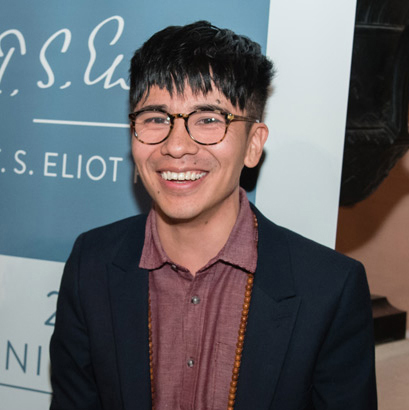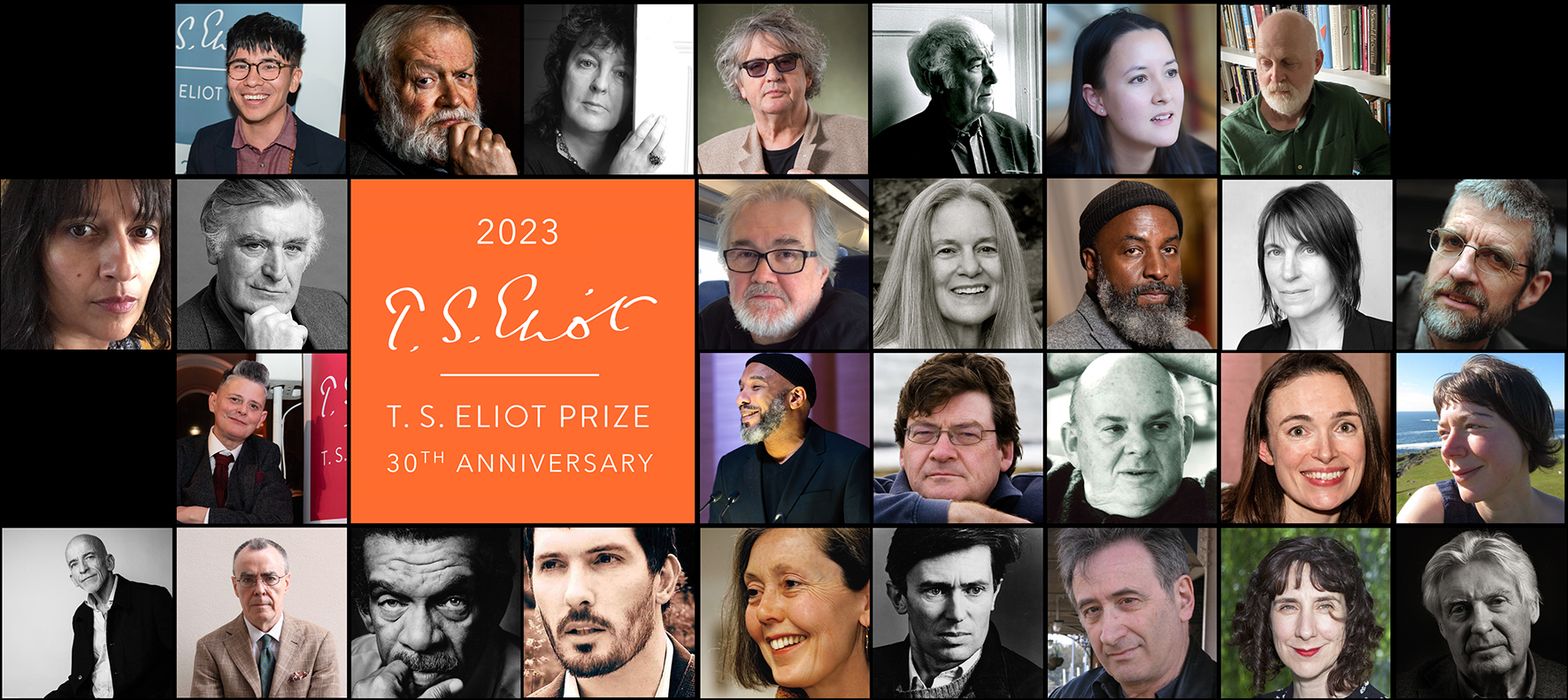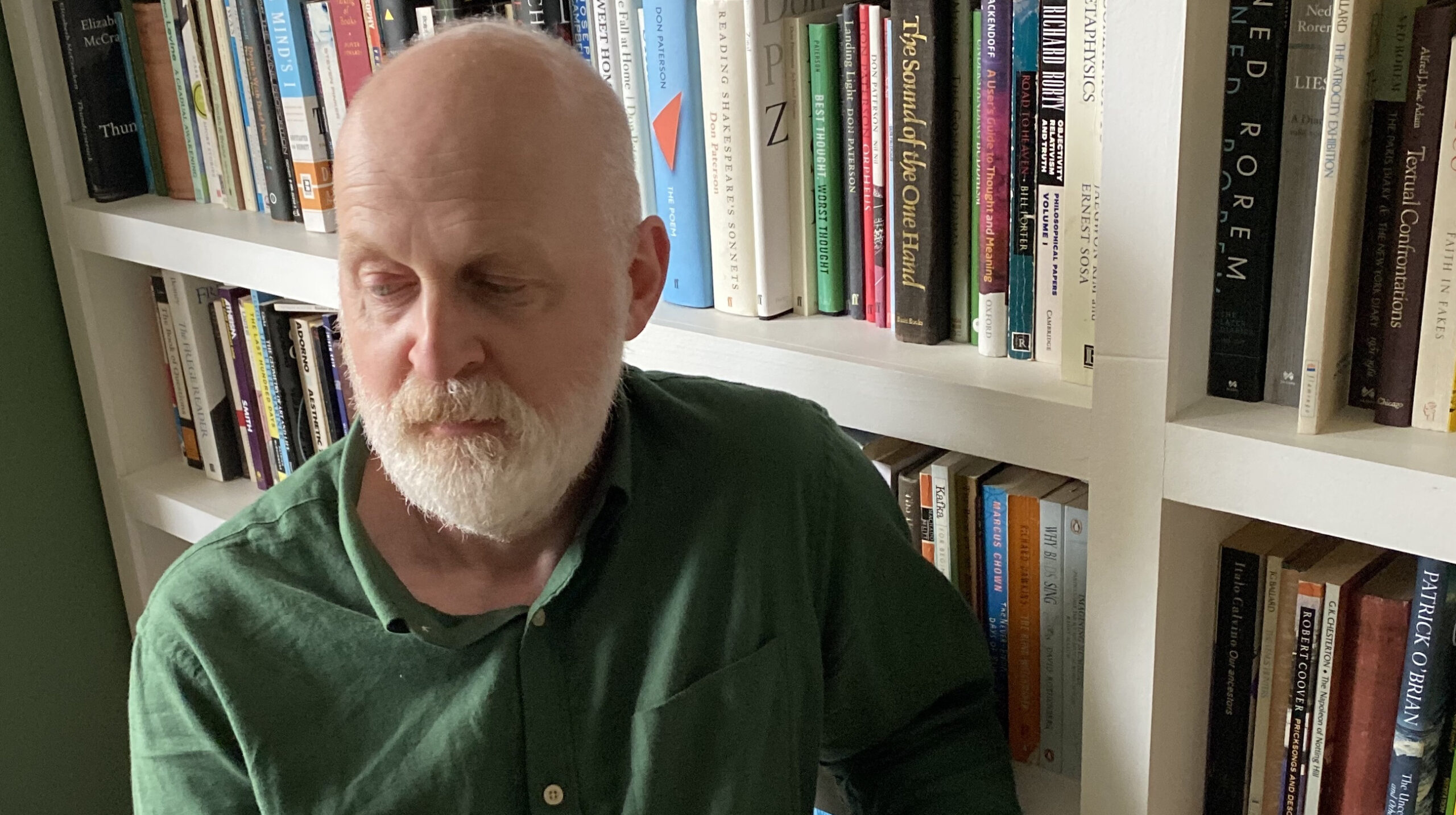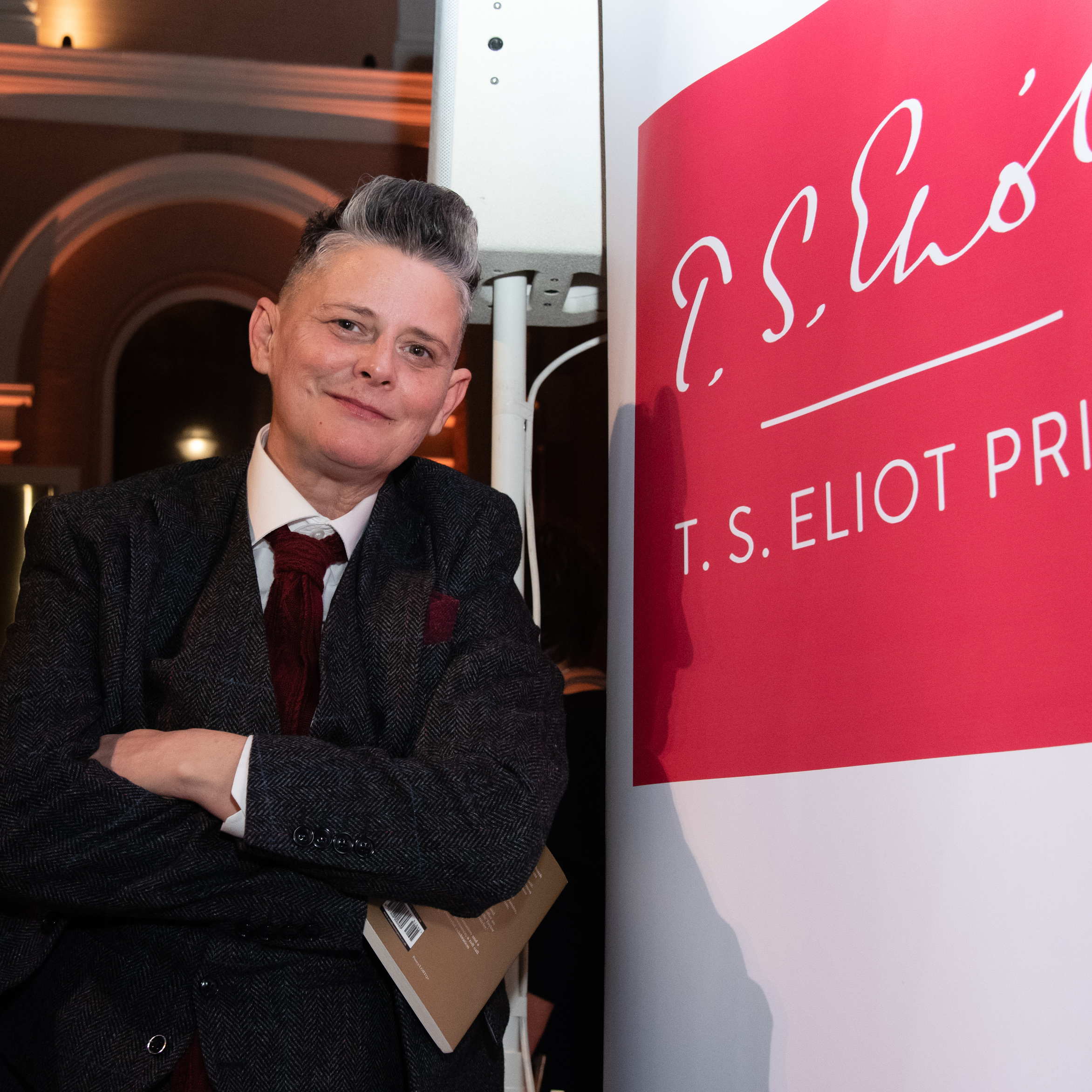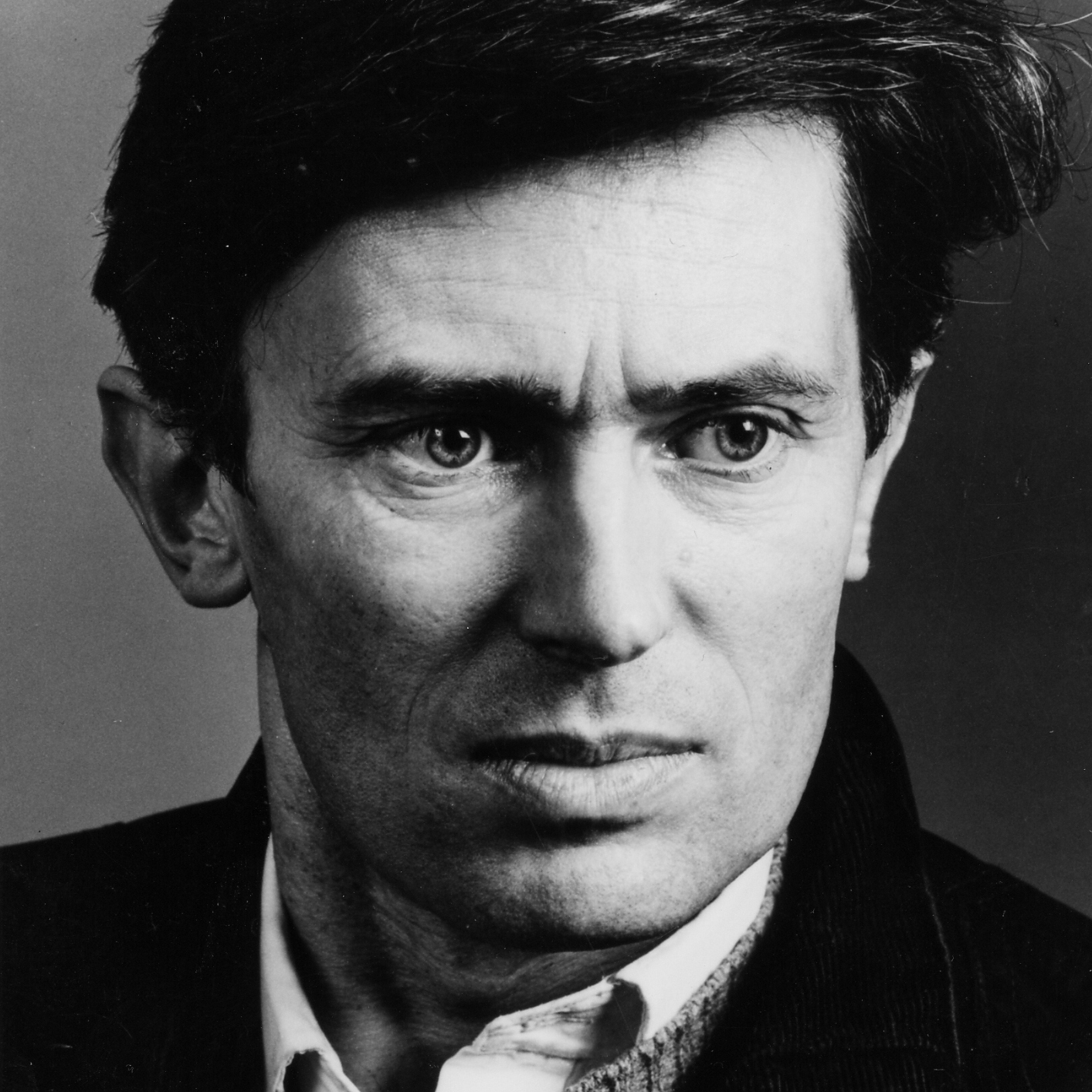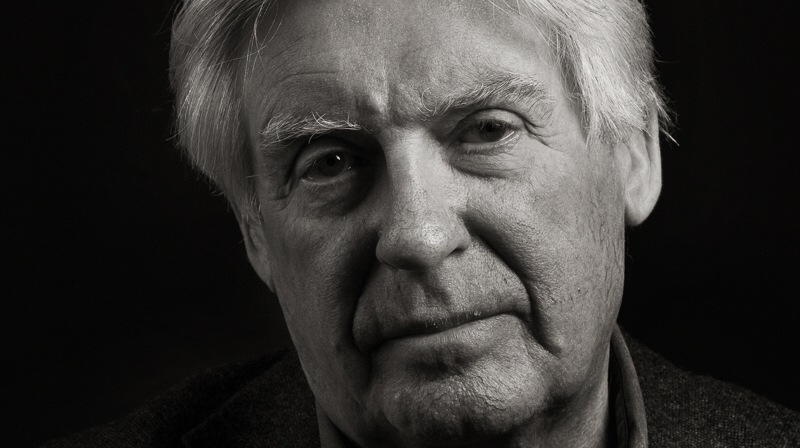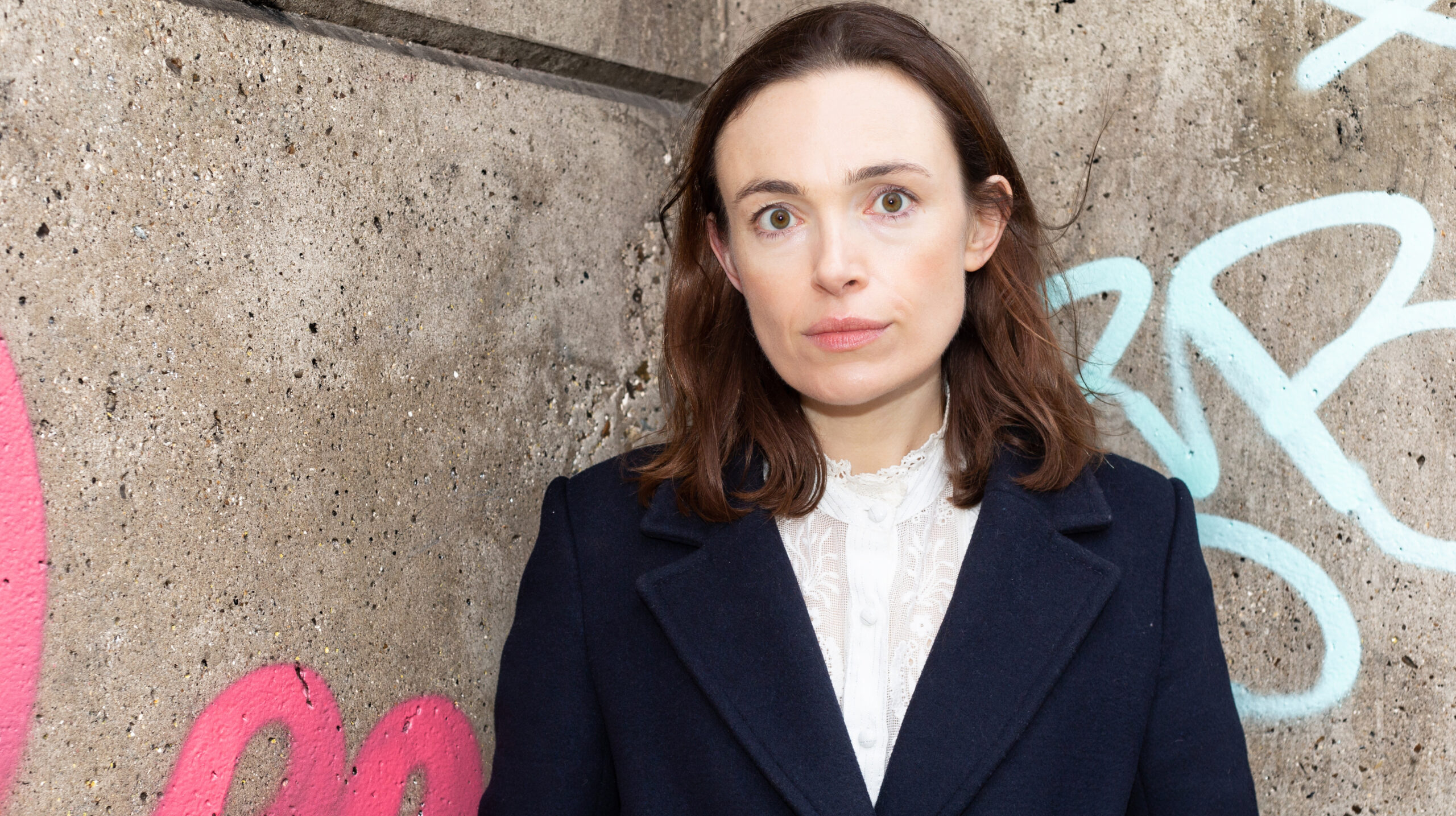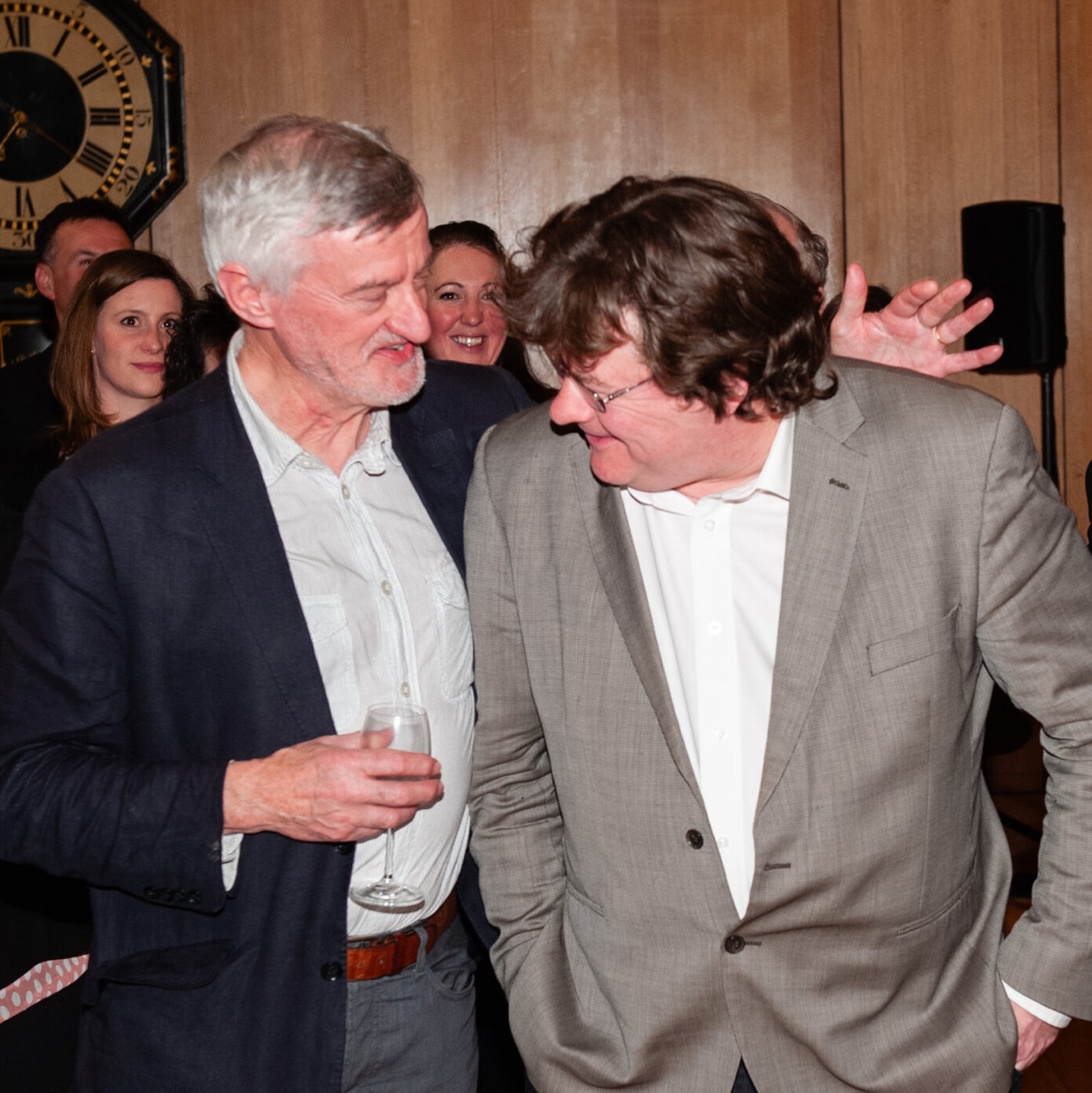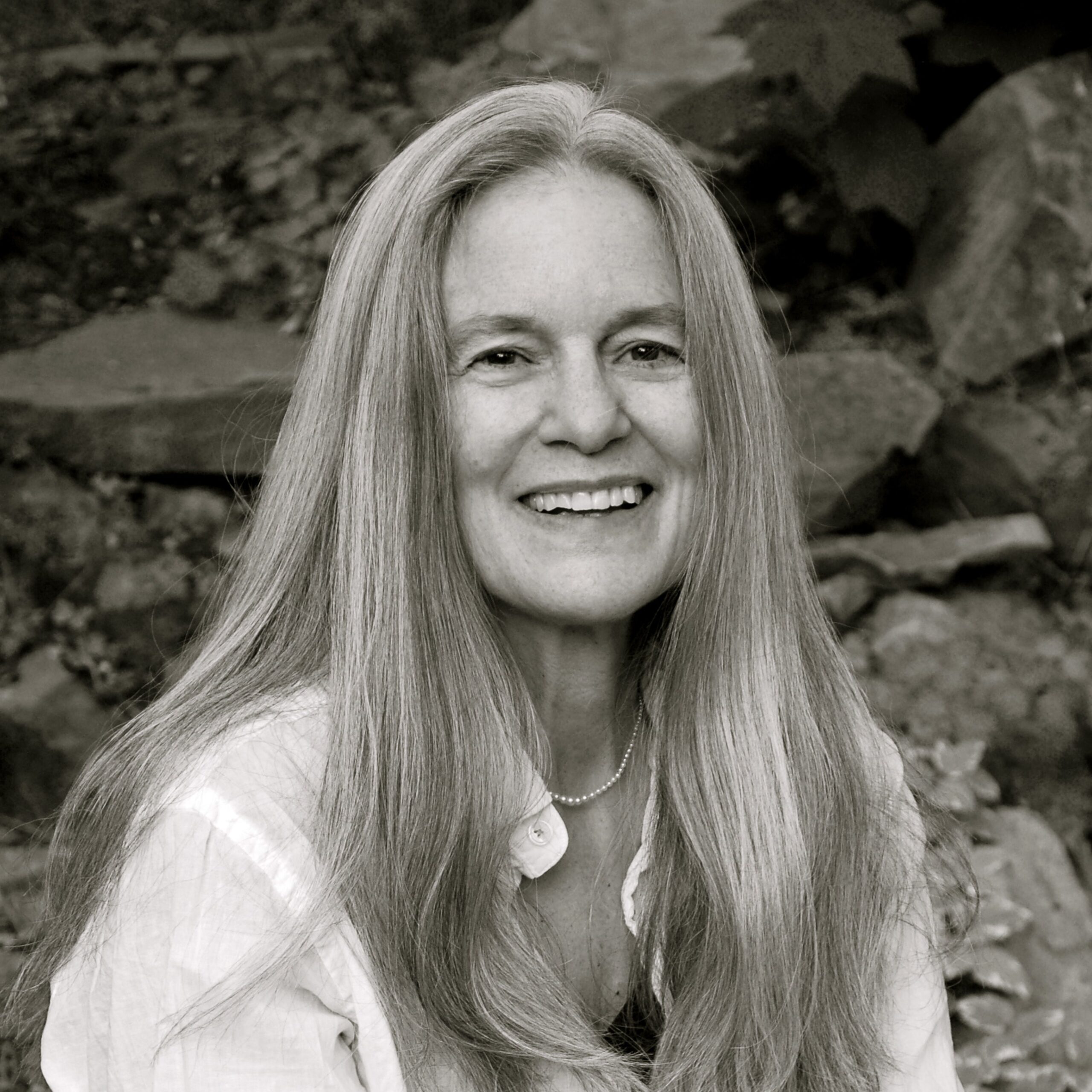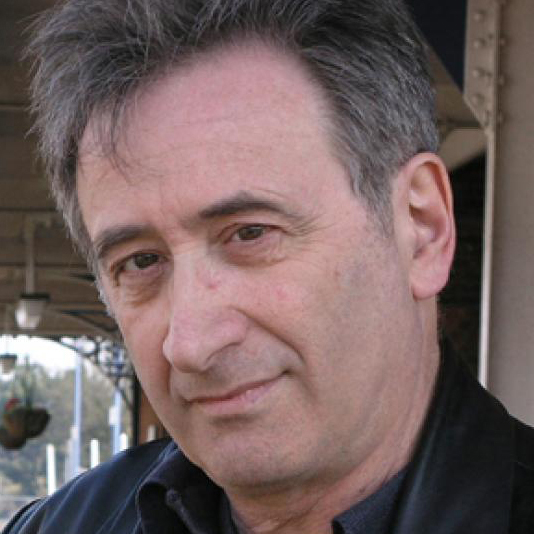anniversary
From gathering a ‘hot and overwrought multitude […] into the dining room of the Chelsea Arts Club’, to staging the UK’s largest annual poetry event, the T. S. Eliot Prize has grown significantly since its inauguration in 1993. It is now widely regarded as the world’s most prestigious prize for...
In 2023 the T. S. Eliot Prize celebrated its 30th anniversary. We marked the occasion by looking back at the collections which have won ‘the Prize poets most want to win’ (Sir Andrew Motion). Don Paterson is the only poet to have won the T. S. Eliot Prize twice: in...
In 2023 the T. S. Eliot Prize celebrated its 30th anniversary. We marked the occasion by looking back at the collections which have won ‘the Prize poets most want to win’ (Sir Andrew Motion). When David Harsent won the T. S. Eliot Prize 2014 for Fire Songs (Faber & Faber),...
In 2023 the T. S. Eliot Prize celebrated its 30th anniversary. We marked the occasion by looking back at the collections which have won ‘the Prize poets most want to win’ (Sir Andrew Motion). Hannah Sullivan won the T. S. Eliot Prize 2018 with her debut collection Three Poems (Faber...
